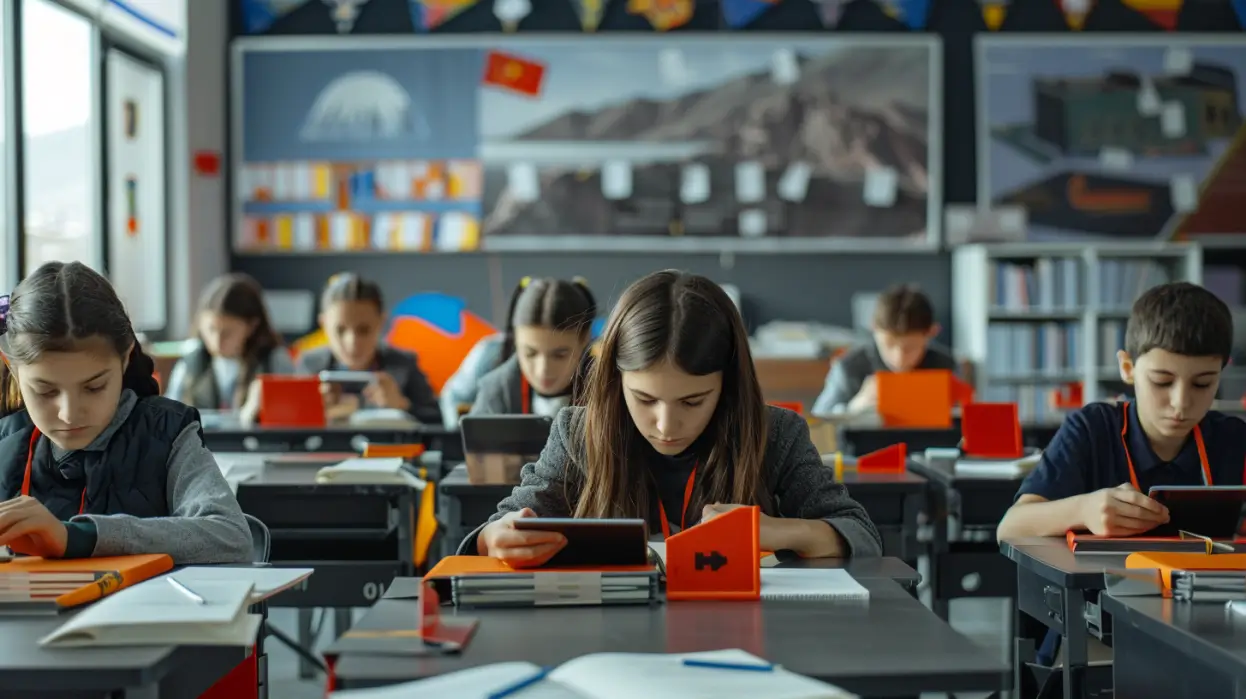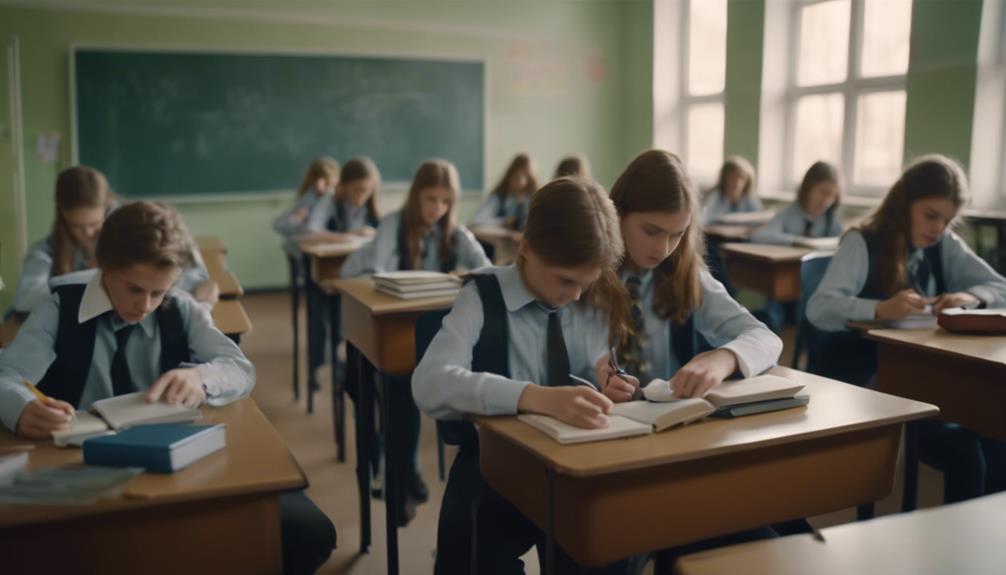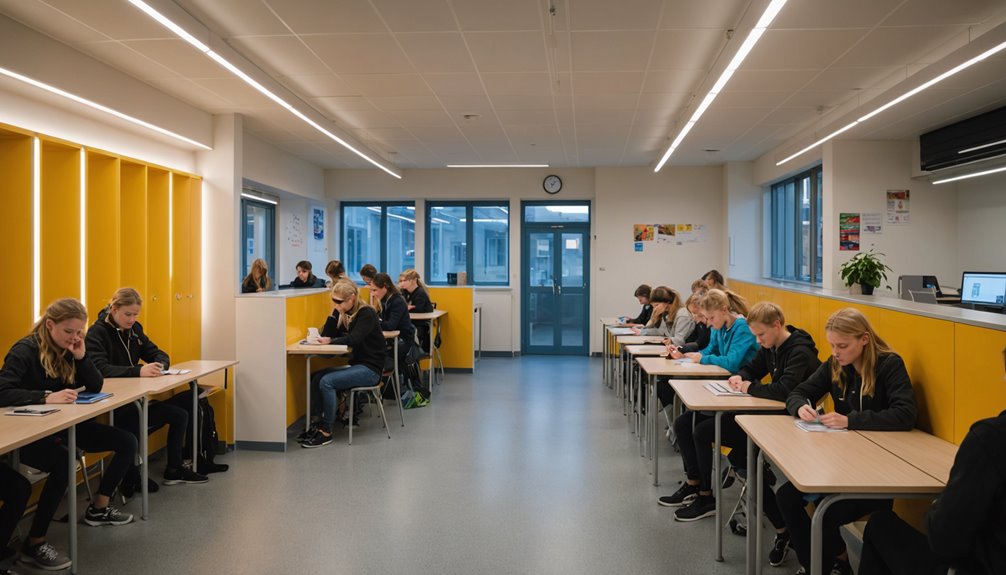In tutta Europa si scaldano le opinioni sul divieto di usare i telefoni a scuola
C'è un po' di disaccordo in tutta Europa sull'approccio al divieto di telefoni cellulari e dispositivi intelligenti in classe. Diamo un'occhiata a cosa sta portando le persone a rimanere indecise.
Nel 2021, il Queensland australiano ha iniziato estendere il divieto di utilizzo dei cellulari nelle scuole, seguiti nel 2023 da Australia Meridionale e Nuovo Galles del Sud. Un anno dopo, un sondaggio condotto su 1.000 presidi ha rilevato 95% di sostegno al divieto, con la rimozione dei telefoni che migliora la concentrazione degli studenti e una riduzione dell'isolamento sociale.
Secondo l'UNESCO, circa il 25% dei paesi ha introdotto divieti sui telefoni cellulari nelle scuole. Le ragioni variano, ma si tratta più che altro di prestare attenzione in classe. Da paese a paese, altri motivi per rimuovere gli smartphone includono:
- Prevenire il cyberbullismo
- Ridurre l'ansia di possedere un telefono costoso
- Migliorare l'interazione sociale tra le classi
- Ridurre la dipendenza da Internet
In Europa, i Paesi Bassi hanno vietato gli smartphone nelle scuole primarie e secondarie dal 2024, consentendo alle scuole di definire le proprie regole. Anche nel Regno Unito è lo stesso approccio, con linee guida emanate nello stesso anno.
In Francia le scuole senza telefoni sono ancora più antiche: dal 2018 la legge impedisce ai bambini fino a 15 anni di usare i loro telefoni all'interno delle scuole.
Quindi, se il feedback è positivo, perché alcuni sono contrari alle scuole senza telefono?
Mancanza di autonomia per le scuole
In Paesi come il Regno Unito e la Germania, sebbene i telefoni cellulari e i dispositivi intelligenti siano stati vietati, le scuole possono decidere autonomamente come implementare questa norma.
In Ungheria, la situazione si è scaldata quando si è tenuta una protesta per un preside di una scuola statale, che è stato licenziato per non aver rispettato il divieto nazionale. I colleghi insegnanti hanno affermato che il decreto del governo ungherese era mal concepito e poco elaborato.
Anche nella Repubblica Ceca la gente protesta contro il divieto di usare i telefoni nelle scuole, sostenendo che il governo non dovrebbe avere il potere di imporre un divieto in tutte le scuole.
Gli insegnanti francesi hanno le loro preoccupazioni, sostengono che far consegnare i cellulari agli studenti li mette sotto pressione, con perdite di tempo lontano dalle lezioni. C'è anche la questione se i cellulari vengono persi, danneggiati o se gli studenti si oppongono alla perquisizione.
Un altro argomento è che i telefoni non sono necessariamente il nemico e che, al contrario, il programma scolastico dovrebbe includere l'insegnamento ai ragazzi di come essere responsabili nella nuova era digitale.
Qual è la soluzione per le scuole?
- Nessun problema di responsabilità per le scuole o gli insegnanti
- Nessun requisito di archiviazione dei telefoni
- Non c'è bisogno di cercare studenti
- Possibilità di dare accesso in qualsiasi momento

Phone Locker® è un fornitore leader di tasche per telefono con serratura, dove sono stati utilizzati per lanci di prodotti, concerti musicali, teatri e sale riunioni in tutto il mondo per creare spazi senza telefono. In poco tempo, le scuole di tutto il mondo, dal Brasile all'Ungheria, hanno adottato queste custodie economiche con grande successo.










